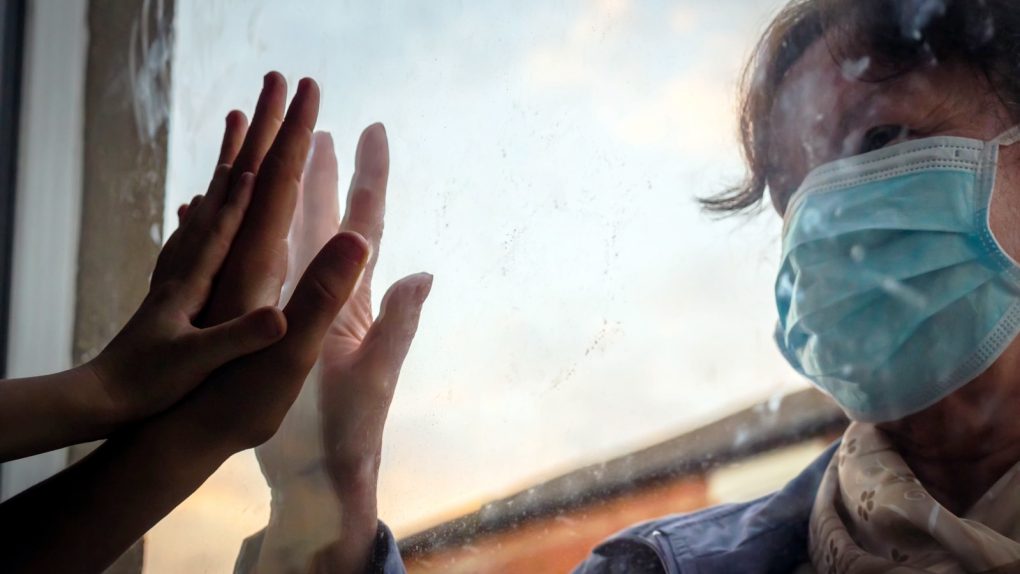- While not overwhelmingly common, some people who contract the coronavirus can become re-infected months later.
- COVID-19 symptoms during the second infection are typically as bad, if not worse than during the first infection.
- The first instance of an American getting the coronavirus twice was brought to light last month.
Last month, doctors confirmed that a coronavirus patient in the U.S. who contracted the coronavirus in April became infected yet again just two months later. The patient’s story, which was initially published in an infectious disease journal, relayed that the coronavirus symptoms the second time around were far more severe. What’s more, the patient — who was an otherwise healthy 25-year-old — had no previous conditions that made him more susceptible to re-infection.
The sweeping conclusion from the study was that previous exposure to the coronavirus doesn’t “guarantee total immunity in all cases.”
While it’s seemingly unusual for coronavirus patients who make a full recovery to come down with the virus again, we’re starting to see it happen more frequently.
Most recently, the Mirror relays how Emily Slater — a 36-year-old from the UK — came down with the coronavirus for a second time after initially contracting the virus back in March of this year. And similar to the aforementioned story involving the 25-year-old from Nevada, Slater’s symptoms upon re-infection were just as severe the second time around.
She said: “It was the same pattern of symptoms. Both times started with a fever and continued into extreme lethargy.”
Emily, who works for Brain Tumour Research, was also “cold all the time and couldn’t get warm enough” while experiencing a ” sore throat and earache”, which aren’t common symptoms.
She added: “Even lying down resting it felt like I was really struggling to breathe at full capacity.
What’s more, Slater upon re-infection also experienced a loss of taste and smell, a symptom which is common amongst people who contract COVID-19.
All told, the coronavirus is a particularly nasty virus that doctors and health researchers are still trying to fully understand. One of the more perplexing aspects of the virus is that some patients who experience severe COVID-19 symptoms tend to still show symptoms weeks and months later. So rather than being a virus like the flu — where people can make a full recovery — there’s mounting evidence that the coronavirus has a long-term impact on those who have it.
Some of the more common coronavirus symptoms that tend to linger include fatigue, fever, the loss of taste and smell, and a variety of cognitive issues like memory loss and confusion. What’s more, new research has found that many coronavirus patients — even those who were asymptomatic — can experience lung and heart damage from the virus.
“We found to our dismay,” Dr. Fauci said during a September appearance before the Senate Health, Education, Labor, and Pensions Committee, “that a number of individuals who have completely recovered and apparently are asymptomatic, when they have sensitive imaging technologies, such as magnetic resonance, imaging, or MRI, have found to have a disturbing number of individuals who have inflammation of the heart.”








